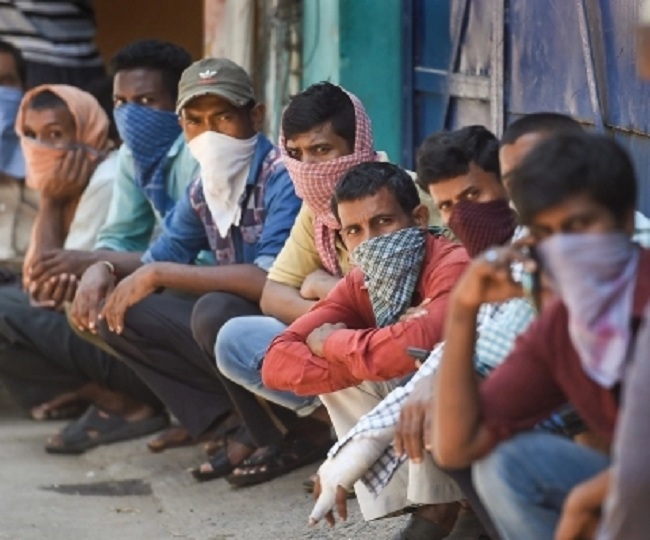The Delhi government’s restrictions on shops, restaurants, and malls have been named as a “partial shutdown” by the Retailers Association of India (RAI) amid the mounting COVID-19 cases of the Omicron variant cases in the capital.
The retailers’ association complained that abrupt overnight restrictions like those imposed under the ‘Yellow Alert’ creates uncertainty for firms and consumers get confused about odd and even rules, leading to crowding and defeating the objective of such measures.
The Delhi government on Tuesday had announced a ‘yellow alert’ in the capital under which schools, colleges, cinemas and gyms will remain shut, shops dealing in non-essential items will run on odd-even basis, and metro trains and buses will run on the half of the seating capacity.
As per the announcement, shops of non-essential goods and services in markets and malls will open on odd-even formula from 10 AM to 8 PM.
Restaurants will be open with 50 per cent of capacity from 8 am to 10 pm and the same goes with bars, but their timings will be from 12 noon to 10 pm.
“The recent Order of Alert issued by the Government of NCT of Delhi, is a nightmare for retail businesses like shops, restaurants and malls as it has a load of restrictions akin to a partial lockdown,” RAI CEO Kumar Rajagopalan said in a statement.
He further said, “Sudden overnight restrictions such as these create uncertainty for businesses and confusion in the minds of consumers with regards to odd and even and leads to crowding, beating the purpose of such measures.”
Rajagopalan said, instead of putting such restrictions in order, enforcement of covid appropriate behaviour such as wearing masks, sanitization, physical distancing.
Saying that, RAI completely understands that COVID-19 cases are surging and the government has to take measures to curb it from spreading into communtiy, he added, “However, the government’s criterion for determining levels should have been different because a lot has changed since the levels were determined in August 2021.”
An argument was also put that COVID-19 strain has changed and a majority of people have have got at least one jab , Rajagopalan said, “Considering that the need for hospitalisation is significantly lower in the case of Omicron infection as compared to earlier variants, the number of hospitalisations should have been the criterion to consider because of the pressure it puts on the healthcare system.”
According to data updated on Wednesday by the Union Health Ministry, India has recorded 781 cases of the Omicron variant of coronavirus across 21 states and UTs, with Delhi recording the highest number of 238 cases, followed by Maharashtra with 167, Gujarat with 73, Kerala with 65, and Telangana with 62.

